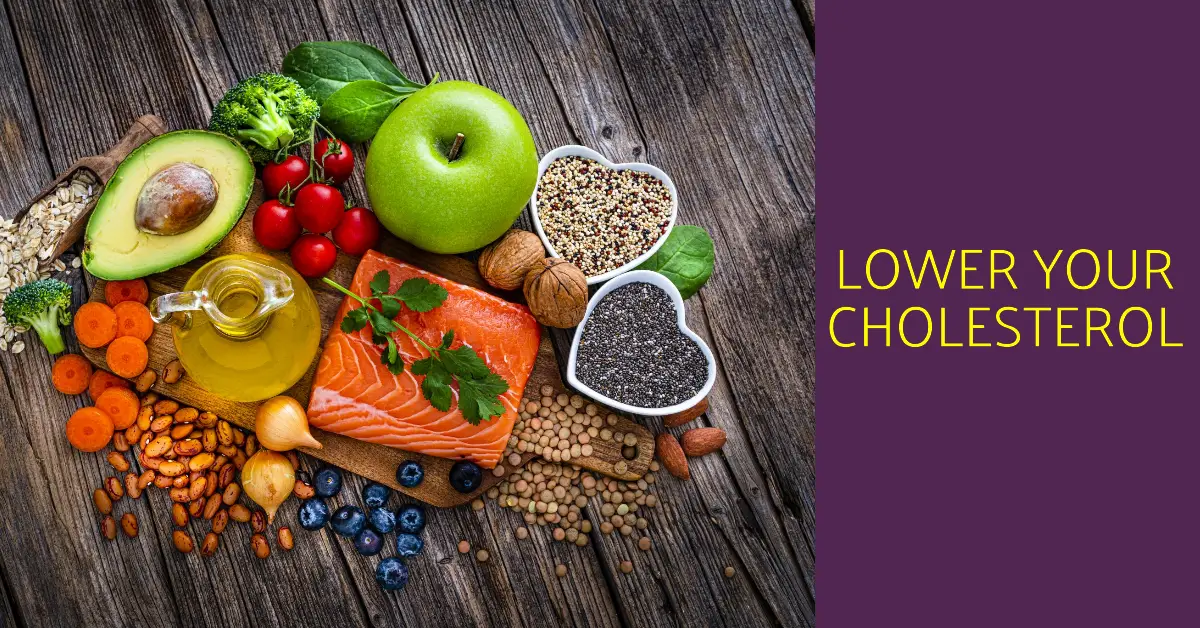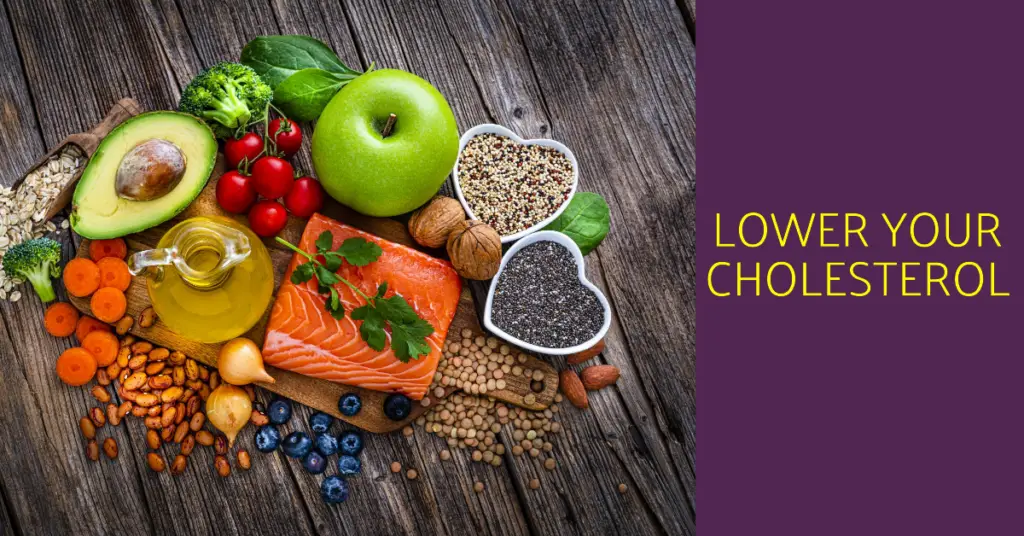
Introduction
Cholesterol is a waxy substance that your body needs to build healthy cells. However, too much cholesterol can build up in your arteries, leading to heart disease, stroke, and other health problems.
Low cholesterol is a condition in which the levels of cholesterol in your blood are too low. This can be caused by genetics, certain medications, or underlying health conditions.
In most cases, low cholesterol is not a cause for concern. However, in some cases, it can lead to symptoms such as fatigue, muscle aches, and numbness or tingling in the hands and feet.
If you are experiencing any of these symptoms, it is important to see your doctor to rule out any underlying health conditions.

Symptoms of Low Cholesterol
Most people with low cholesterol do not have any symptoms. However, some people may experience the following symptoms:
- Fatigue: Low cholesterol can lead to fatigue because your body does not have enough cholesterol to produce energy.
- Muscle aches: Low cholesterol can also lead to muscle aches because your muscles need cholesterol to function properly.
- Numbness or tingling in the hands and feet: Low cholesterol can sometimes cause numbness or tingling in the hands and feet because it can reduce the blood flow to these areas.
- Cold hands and feet: Low cholesterol can reduce the blood flow to your extremities, which can make your hands and feet feel cold.
- Weight gain: Low cholesterol can sometimes lead to weight gain because your body is not able to produce enough energy from food.
- Hair loss: Low cholesterol can sometimes lead to hair loss because your hair follicles need cholesterol to function properly.
Causes of Low Cholesterol
There are a number of factors that can cause low cholesterol, including:
- Genetics: Some people are simply born with low cholesterol levels.
- Certain medications: Certain medications, such as statins, can lower cholesterol levels.
- Underlying health conditions: Low cholesterol can also be a sign of underlying health conditions, such as hypothyroidism or liver disease.
Diagnosis of Low Cholesterol
Low cholesterol is usually diagnosed with a blood test. The blood test will measure your total cholesterol, LDL cholesterol (also known as “bad” cholesterol), HDL cholesterol (also known as “good” cholesterol), and triglycerides
Treatment for Low Cholesterol
If you are experiencing symptoms of low cholesterol, your doctor may recommend that you make changes to your diet or take medication to raise your cholesterol levels.
Dietary changes for low cholesterol : If you are diagnosed with low cholesterol, your doctor may recommend that you make changes to your diet. These changes may include:
- Eating more foods that are high in cholesterol, such as eggs, meat, and dairy products.
- Eating more foods that are high in saturated fat, such as nuts, seeds, and avocados.
- Eating more foods that are high in monounsaturated fat, such as olive oil, avocados, and nuts.
Medication for low cholesterol : If dietary changes are not enough to raise your cholesterol levels, your doctor may prescribe medication. There are a number of different medications available to treat low cholesterol, including statins, fibrates, and niacin.
Conclusion
Low cholesterol is a condition in which the levels of cholesterol in your blood are too low. This can be caused by genetics, certain medications, or underlying health conditions.
In most cases, low cholesterol does not require treatment. However, if you are experiencing symptoms, your doctor may recommend that you make changes to your diet or take medication to raise your cholesterol levels.
If you are concerned about your cholesterol levels, it is important to talk to your doctor. They can help you determine if you have low cholesterol and recommend the best course of treatment for you.




